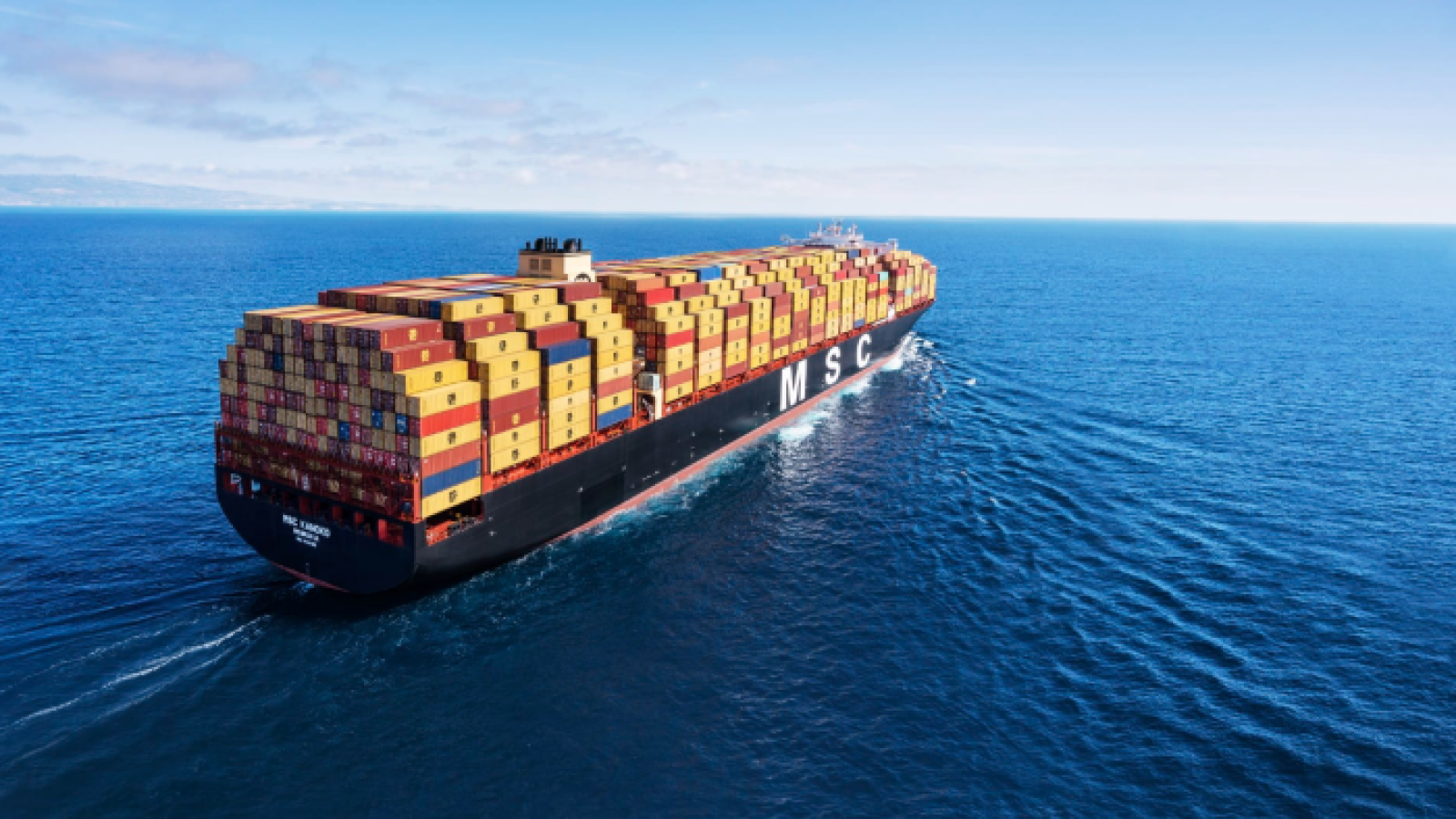The Netherlands, with its strategic location in Europe, bustling ports, and robust infrastructure, stands as a beacon for international trade and e-commerce. Its pivotal position not only serves as a gateway to Europe but also makes it a focal point for businesses looking to expand their reach across the continent and beyond. Whether you're a small business owner venturing into the European market for the first time, or an established entity aiming to streamline your logistics, understanding the nuances of shipping to Netherlands is crucial. This guide aims to navigate you through the essential aspects of this process, ensuring a smooth and efficient shipping experience.
Understanding Dutch Import Regulations
Before diving into the logistics, acquainting yourself with the Netherlands' import regulations is vital. The country is part of the European Union (EU), which means it follows the EU's trade policies and customs regulations. Goods entering the Netherlands from outside the EU are subject to customs clearance, and possibly duties and taxes, depending on their value and nature. It's important to research and comply with these regulations to avoid delays or penalties. The Dutch Customs Authority's website is a valuable resource for up-to-date information on tariffs, VAT rates, and prohibited or restricted items.
Choosing the Right Shipping Method
Selecting an appropriate shipping method is pivotal, with options ranging from air freight for urgent deliveries to sea freight for larger, less time-sensitive shipments. The Netherlands boasts one of the world's busiest ports, the Port of Rotterdam, alongside other significant ports like Amsterdam. These hubs are well-equipped to handle a vast array of cargo, offering flexibility in shipping methods and transit times.
For smaller parcels, international courier services such as DHL, FedEx, and UPS offer reliable and fast options, with detailed tracking services. When choosing a shipping method, consider factors like the size and weight of your shipment, desired delivery speed, and budget.
Packaging and Labeling
Proper packaging and labeling are paramount to ensure that your shipments arrive safely and are processed smoothly through customs. Use durable materials and secure packaging to protect your goods during transit. Additionally, accurate and detailed labeling, including the recipient's contact information, a detailed description of the contents, and their value, is required for customs purposes. For businesses, including the Harmonized System (HS) code for your products can facilitate faster customs clearance.
Customs Documentation
Completing the necessary customs documentation is a critical step in the shipping process. Typically, this includes a commercial invoice, a packing list, and possibly export licenses for certain goods. The commercial invoice should provide detailed information about the shipment, including the sender and receiver's details, a description of the goods, their value, and the terms of sale. Ensuring that all documentation is accurate and complete is crucial to prevent delays or issues with customs clearance.
E-commerce and VAT Considerations
For e-commerce businesses, understanding the VAT (Value Added Tax) implications is essential. The EU has specific VAT rules for online sales, including the obligation to register for VAT in the Netherlands if your sales exceed certain thresholds. Moreover, the EU's Import One-Stop Shop (IOSS) simplifies the VAT process for shipments not exceeding €150, allowing businesses to charge VAT at the point of sale and remit it directly to the tax authorities.
Final Thoughts
Shipping to the Netherlands, while complex, can be navigated successfully with thorough preparation and understanding of the key elements involved. By familiarizing yourself with the import regulations, choosing the appropriate shipping method, ensuring proper packaging and labeling, completing the necessary customs documentation, and understanding VAT considerations, you can achieve a seamless shipping experience. As the global marketplace continues to evolve, leveraging the Netherlands' strategic position can significantly enhance your business's growth and expansion into the European market.

